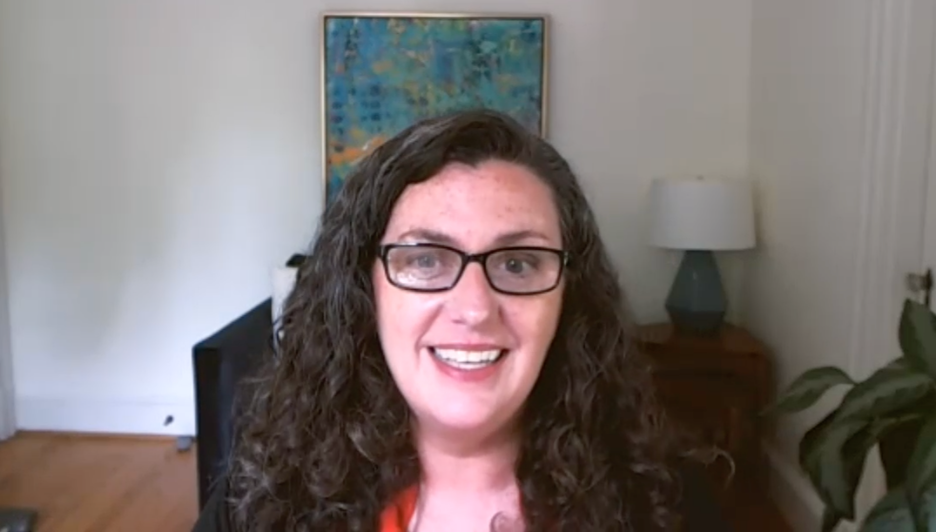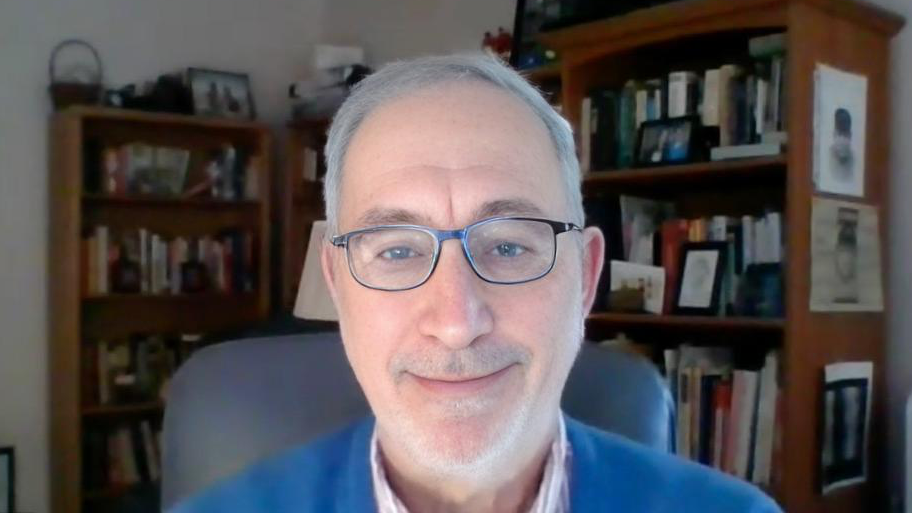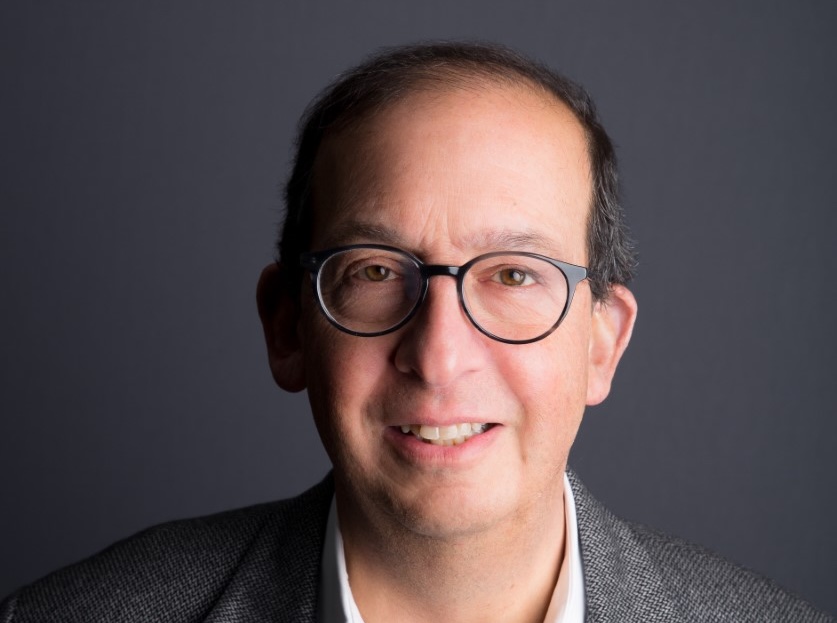The association executive talks to Craig Kennedy and Michael E. Hartmann about populism and polarization, the minimum-distribution requirement for private foundations, and foundations’ uses of donor-advised funds.
Led by the approachable and engaging Enright, through various programming and services for its more than 800 members, the almost 75-year-old Council on Foundations informs and guides the practice of philanthropy in America.
Kathleen P. Enright became president and chief executive officer of the Council on Foundations in 2019, before which she was president and CEO of Grantmakers for Effective Organizations. Previously, Enright had been the group director of marketing and communications for BoardSource.
Enright was kind enough to join us for a recorded conversation last month. The just less than 18-and-a-half-minute video below is the first of two parts of our discussion; the second is here. In the first part, we talk about populism and polarization, the minimum-distribution requirement for private foundations, and foundations’ uses of donor-advised funds (DAFs).
“We’re affected by the same forces impacting the rest of society,” Enright tells us. “The rise of populism is intensifying all kinds of suspicions of the motives of the wealthy,” there’s “a general distrust in institutions of all kinds,” and “polarization is driving us to remain in our silos, to distrust and dehumanize folks that think differently than us, to retreat into ideological bunkers. And all of that increases the gaps between folks who potentially need to work together in common cause” and puts us in “a high-conflict environment that ends up in sort of a destructive cycle …. There are no winners in this cycle.”
Asked whether it is a “legitimate issue” to discuss, as some propose, an increase in the amount private foundations must distribute annually in order to maintain their tax-exempt status—currently, five percent of their assets—Enright says “Of course it’s a legitimate issue.”
According to Enright, “The one thing that the Council would always be in support of is that some foundations are able to exist in perpetuity … One of the real strengths of philanthropy” is that it’s “a diverse ecosystem”—including different foundations’ desires to give money away at different rates, depending on their missions and strategies.
In response to a question about the specific level at which a minimum-distribution requirement would endanger the ability of foundations to sustain themselves—“is that number five percent?”—Enright answers,
I don’t know …. I will say out loud that we are looking at it. We’re looking at the issue. You know, that is not anything that Congress is coming to right this minute. We are certainly in conversation with our members. We’re looking at the numbers to see … where that space really is.
Asked whether foundations should be able to use grants to DAFs to circumvent their distribution requirement, Enright says “Absolutely not. … [W]e don’t think that people should be skirting their requirement as a 501(c)(3) PF [private foundation] by giving to a donor-advised fund,” though “there are valid, appropriate reasons that private foundations give to donor-advised funds.
“We could absolutely be in favor of figuring out how to how to tighten up the regulations around private-foundation use of donor-advised funds and how it applies to payout,” she adds. “But what we wouldn’t be interested in is for that channel to be closed off entirely. Donor-advised funds are a collaborative device. They’re used for a variety of legitimate, appropriate reasons by private foundations, and … they should be able to avail themselves of those.”
And asked whether DAFs “should play by the same rules as foundations,” Enright answers, “it depends on which rules you’re talking about. … [F]or a variety of reasons, I don’t think that they should necessarily play by all the same rules, but some of them, and I think that they already are.”
In the conversation’s second part, Enright talks more about DAFs, charity and politics, and the recent attention-getting Chronicle of Philanthropy op-ed in support of civility and pluralism in the sector that she signed with five others.



